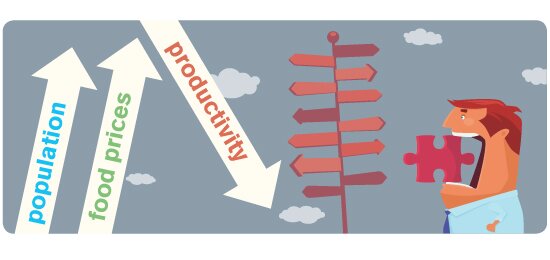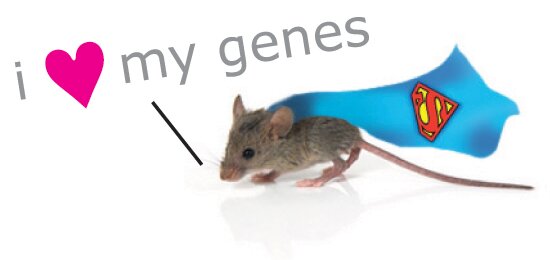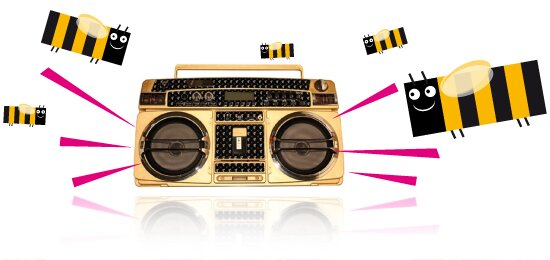
Agriculture is not what it used to be, it grew-up; it became more efficient, increasingly precise and productive, and employs a diversity of technological solutions. So things are looking good for the future of food production, right?
food & farming

Agriculture is not what it used to be, it grew-up; it became more efficient, increasingly precise and productive, and employs a diversity of technological solutions. So things are looking good for the future of food production, right?
biodiversity & environment

Head over to www.hungry4change.eu for your chance to join the debate on the future of sustainable agricultural productivity in Europe. This November the crop protection (pesticide) industry will webcast the ‘Hungry for Change’ conference. You can have your say via Facebook and Twitter; this is a unique opportunity to share your thoughts and ideas with industry, experts and stakeholders.
european regulation

The ‘super’ house-mouse and the malaria carrying mosquito have made the news recently. They are just two of a growing number of pest species that are becoming less and less effected by the chemicals we use to control them. In Europe, this is quite literally a growing problem; agricultural yields are threatened by pest resistance, and regulations lack short-term solutions. The ‘super mouse’ is not a super hero, but its story may save us with the warning it carries.
biodiversity & environment


New scientific research suggests that pesticides have a lesser effect on bees than first thought. The debate took to the airwaves last week on BBC’s Radio 4, here’s the full transcript…
Charlotte Smith (Farming Today, BBC Radio 4): Insecticides may not be as bad for bees as previously thought, according to the American researcher who’d linked bee deaths with a type of insecticide, neonicitinoids. Dr Jeff Pettis from the US Agricultural Research Service now says the chemicals don’t appear to have as big an effect on bee health as he first thought. In the US honey bee numbers have fallen by a third and here too there’s been a decline in the bee population. Well as we’ll hear in a moment environmentalists and the pesticide industry disagree on the safety of neonicitinoid insecticides which are applied to seeds and so are taken up by the growing plant…
Read More >
MORE POSTS